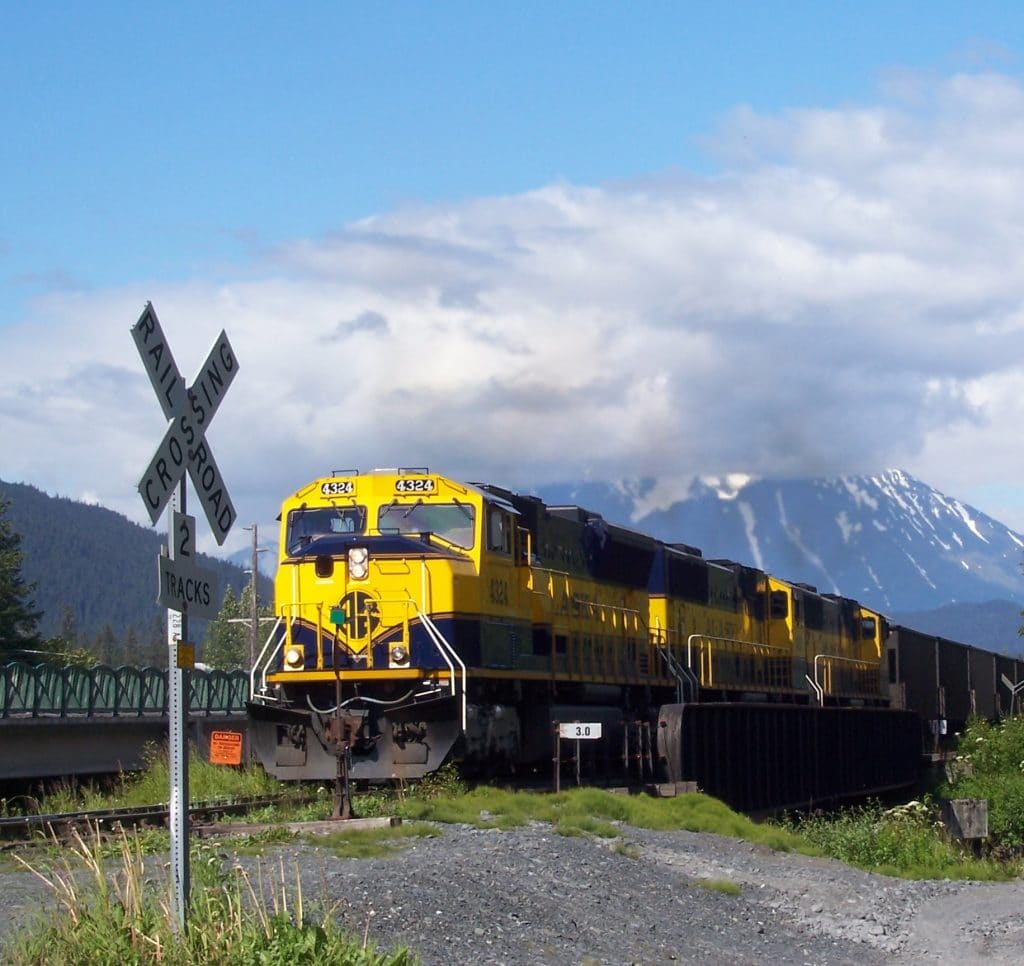
On July 26 and 27, 2016, the SMART-Mechanical/BMWED coalition engaged in further national negotiations with the National Carriers’ Conference Committee (NCCC) in Minneapolis, Minnesota.
During the negotiation sessions, the NCCC presented a very brief and generic presentation of the U.S. Class 1 freight railroads’ financial status. In short, the NCCC alleged that immediate and long-term changes in coal utilization require them to transition their current business model towards intermodal transportation. They further contended that intermodal is highly sensitive, and that in order to flourish under such a purportedly sensitive business model, the railroads would require extreme flexibility in the management of their resources (i.e., workforce) and materials. The NCCC then presented three very general work rule changes regarding contracting out, the performance of incidental work and simple tasks, and the utilization of qualified employees in technical and/or safety-sensitive positions. The NCCC further noted that in order for the Class 1 freight railroads to flourish under this new business model, they would need to bring health and welfare benefits to a “mainstream” level.
SMART-Mechanical BMWED coalition responded to the NCCC, first noting that their financial status presentation was rather one-dimensional and excluded the many areas where the railroads have also re-directed their business model to do rather financially well, despite losses in coal transportation. The SMART-Mechanical/BMWED coalition next pointed out that the NCCC’s proposed work rules were very general in nature so that a detailed response would come after the NCCC presented specific proposals couched in contract language. Lastly, the coalition reminded the NCCC that during the March 30 and 31, 2016 bargaining sessions, the railroads committed to performing an analysis of the Small Working Group’s (SWG) National Health and Welfare Plan findings, and that such analysis would take approximately two months to complete; however, it has been nearly four months since the railroads made that commitment.
The NCCC committed to having a complete financial presentation coupled with wage proposals, as well as a more detailed work rules proposal and a comprehensive response to the SWG’s analysis, for the scheduled September 14 and 15, 2016 negotiation sessions. Additional negotiation sessions are scheduled for October and November of this year.
When asked about the status of national bargaining, BMWED President Freddie Simpson said, “National negotiations take longer than anyone desires. But in order for us to engage in meaningful discussions with the railroads, we need to have all the facts and information made available to us and we need to thoroughly examine it. We will not bargain blindly over anything. All points of concern will be fully-investigated, regardless of the amount of time that is necessary to make informed decisions. Our coalition will continue to engage with the railroads for as long as it takes to reach a fair agreement.”
Related News
- Transit Funding Boost Proposed by SMART-TD Backed Bill
- California SMART-TD Brother Killed on the Job
- Union Mourns the Loss of Brother Charles Harrison
- FRA Issues Grade-Crossing Safety Advisory
- Amtrak To Give SMART-TD Members Holiday Bonuses
- Federal judge orders release of Kilmar Abrego Garcia from immigration detention — General President Coleman responds
- SEPTA Strike Avoided: Strong Agreement Secured
- DC attorney general secures $1.5 million from construction company for wage theft, worker misclassification
- Posthumous Retirement Ceremony Honors Lost Brother
- SMART-TD: Built by Members, Driven by Your Voice